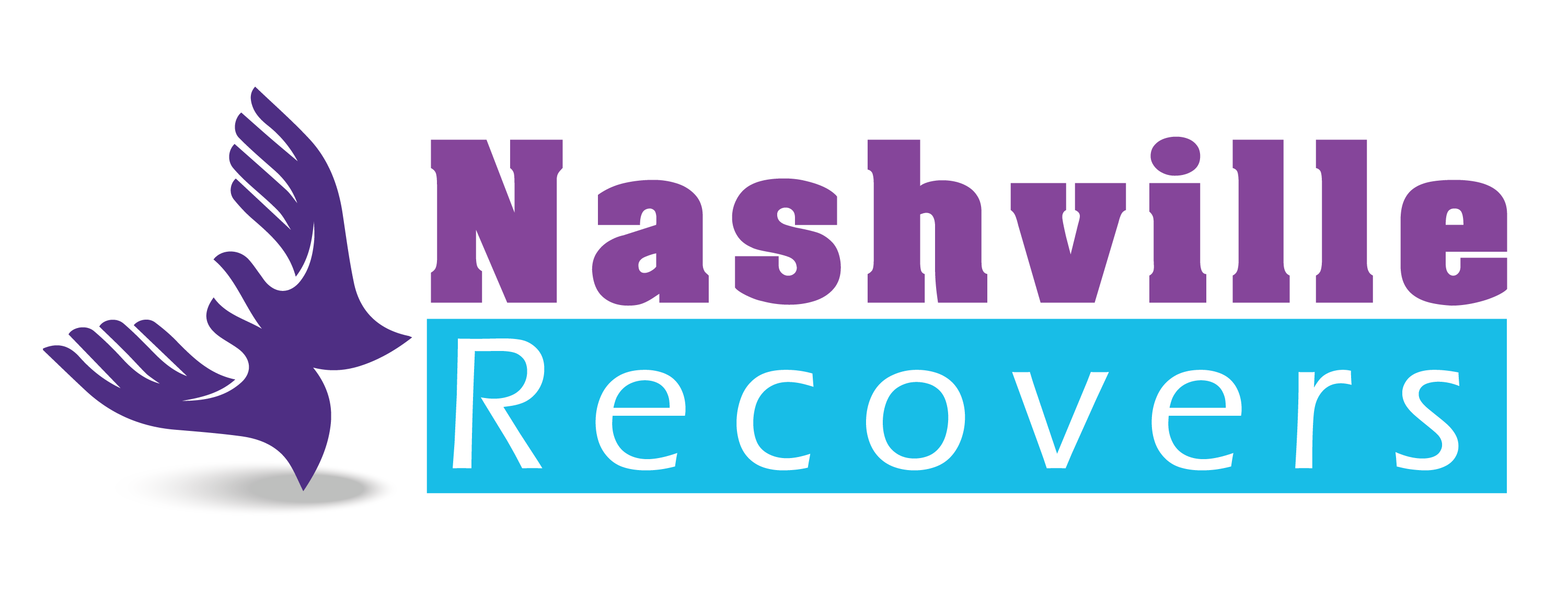So I’ve talked about one recovering addict who keeps clean through yoga.
Here’s another growing non-traditional way to keep clean that’s growing quickly: Online recovery. More and more people in recovery are doing online meetings, online fellowship, creating online communities.
For a closer look, I’ve asked Nashville professional and recovering alcoholic Cynthia M. share her experience with what she calls “my digital recovery.” Cynthia?
I knew I had a problem with alcohol when I was in my 20s.
People who are normal drinkers don’t obsess over “Are you an alcoholic?” quizzes in women’s magazines. (There were also the blackouts that started at age 17 my freshman year in college, but I was really good at ignoring those.)
I remember one crying jag when I was about 25. “I have got to stop this. I have got to get this under control,” I wailed. “Oh, c’mon, you always think you are an alcoholic when you’re drunk,” my friend told me.
Huh?
Fast-forward another 25 years and the obsession over the alcoholism quizzes had gone digital. Glass of wine by my side, alone in the middle of the night, Google was my friend.
“Am I an alcoholic?”
“Women AND addiction”
“Signs of alcoholism”
“Women and sobriety”
Bingo! I finally found what I was looking for – www.womenforsobriety.org.
Women for Sobriety is a non-profit organization dedicated to helping women overcome alcoholism and other addictions. Instead of the well-known 12-steps, WFS is based on 13 “acceptance statements” (http://womenforsobriety.org/beta2/new-life-program/13-affirmations/)
A companion online community, www.womenforsobrietyonline.com, has been my lifeline during nearly two years of recovery. In some parts of the country, face-to-face meetings are available, though not in Nashville yet.
 It took many more months and a very scary crisis for me to accept that I am an alcoholic. I had spent three decades trying to make rational sense of my drinking. When I took drinking completely off the table and accepted that “moderation” was impossible for me, everything fell into place. Before, nothing made sense. In the context that I’m an alcoholic, it all made sense.
It took many more months and a very scary crisis for me to accept that I am an alcoholic. I had spent three decades trying to make rational sense of my drinking. When I took drinking completely off the table and accepted that “moderation” was impossible for me, everything fell into place. Before, nothing made sense. In the context that I’m an alcoholic, it all made sense.
I credit my recovery to WFS, 14 months of individual work with a fantastic therapist, developing a mindfulness meditation practice, and the support I have found in my online community of sober sisters.
On my laptop, tablet and phone, in the privacy, comfort and convenience of my own home (or coffee shop, my office, the ladies’ room), I can connect 24/7 with women around the world who share my challenges, fears, and hopes for a sober future. I have the site bookmarked on my iPhone – it’s like a meeting in my pocket. In fact, we often post “jump in my pocket” when we need prayers and support because of some stressor in our lives.
Every morning, I join women around the world online to make our “daily pledge” to protect our sobriety that day and virtually join hands in support of one another. Twice a day, trained moderators who are sober sisters host online chats with structured conversation. The chat room is available 24/7 for those who need support in the moment.
All day and night, every day and night, women post their fears, questions, challenges, and successes. We rejoice when we celebrate sober milestones and support and encourage when we struggle. We mourn together when, on occasion, we lose a sister to this deadly disease.
I don’t knock traditional 12-step programs, and neither does WFS. They have helped countless people achieve sobriety. WFS worked for me because it is women-centric and it is rooted in empowerment. The first acceptance statement is this:
I have a life-threatening problem that once had me. I now take charge of my life and my disease. I accept the responsibility.
I don’t believe I am powerless over alcohol – so long as I don’t take that first drink. I retain that power by focusing on my own self-care and using the tools that my therapy and WFS have given me.
We have a saying on the online boards: “No woman finds herself here by accident.” Those who don’t have a drinking problem don’t Google “women and sobriety.” They just don’t.
I encourage any woman who is seeking relief for the pain of addiction to check us out. You will find women across the United States and worldwide who will “get you,” support you and love you in your journey to your better sober self.
Very interesting, and thank you for sharing, Cynthia. So what do you think? I feel like I need face-to-face contact with other folks in recovery. But hey, whatever keeps you clean and sober.
Do please weigh in. I want to hear your comments.


Recent Comments